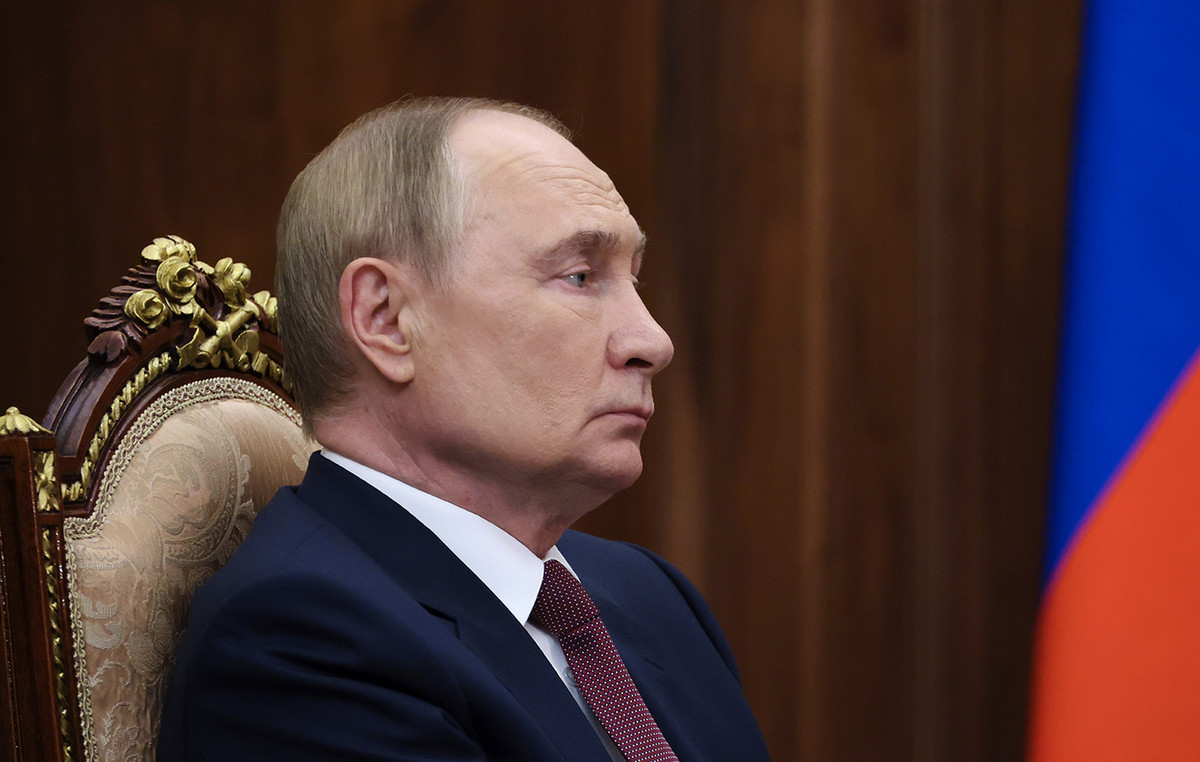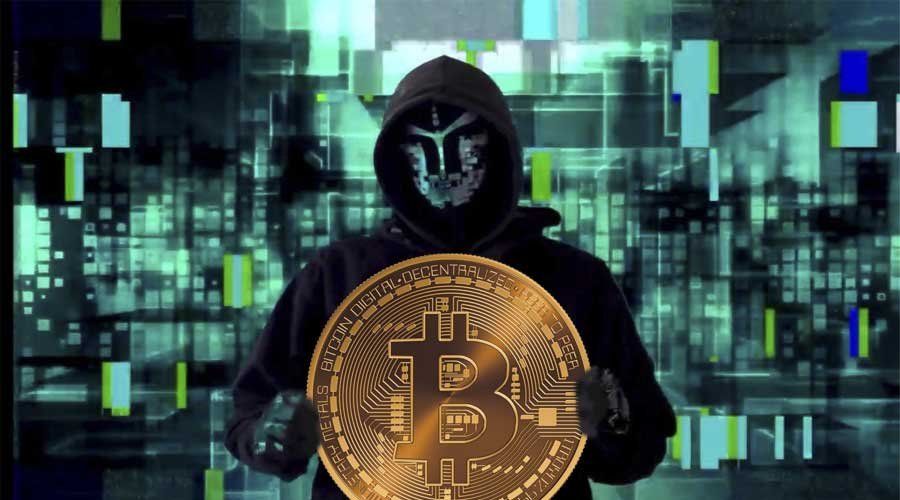The CommEX crypto exchange, which took over the Russian business of Binance in September 2023, announced that it will cease operations. On March 25, the exchange began a gradual suspension of operations “after a thorough analysis of the current situation and a review of strategic plans,” and by May 10 it will completely cease operations, writes RBC Crypto.
CommEX launched the day before Binance officially announced its departure from Russia. It was possible to log in to the exchange through an existing Russian account on Binance and transfer funds there without commissions. Then, shortly before the launch of the platform, two top managers of Binance, Gleb Kostarev and Vladimir Smerkis, who were responsible for the Russian region, announced their resignation on the same day. The team of the Russian office of Binance partially moved to CommEX.
CommEX regional director Anton Toroptsev, who also previously worked at Binance Russia, said that he would soon leave his post and called the decision to close the exchange “difficult.” Gleb Kostarev did not comment on the closure of the site.
According to Binance representatives, CommEX “failed to fulfill obligations” as part of the deal to sell the exchange’s Russian business to it. Binance does not report what kind of obligations we are talking about. According to its representatives, the decision to leave the Russian market for Binance remains unchanged and the exchange is now negotiating the sale of the Russian business with some other services.
Where to go
CommEX became an option for Russians to purchase cryptocurrency for rubles: they could top up their balance with a bank card or buy USDT for rubles through a P2P marketplace, comments Roman Nekrasov, co-founder of the ENCRY Foundation. But the functionality of spot and futures trading was inferior to both Binance and other major global trading platforms.
After the sale of the Russian business of the largest crypto exchange Binance and the ban on all transactions with rubles on it, its Russian users were taken over by other platforms. Bybit benefited more than others from the departure of its competitor: according to expert estimates, since the beginning of the year, more than 20% of its traffic has come from Russian users. Nevertheless, Binance remains popular among Russian-speaking users, for whom the lack of ruble transactions or access to its P2P platform is not critical.
Why did the stock exchange close?
A month before Binance’s official departure from Russia, The Wall Street Journal published material that, by supporting transactions using cards of Russian banks, the exchange facilitates the withdrawal of Russian funds abroad and circumvention of sanctions. It was later confirmed that the US Department of Justice was investigating Binance for violating US sanctions against Russia. As part of a settlement with the agency, the exchange agreed to pay a record $4.3 billion in fines, and Changpeng Zhao, its then-head, resigned.
After these events, the exchange set a course to comply with regulatory requirements. Its new head, Richard Teng, before working at Binance, worked at the Central Bank of Singapore and at the Singapore Stock Exchange, where he served as head of the regulatory department.
It is better for Russian users to withdraw funds from the site to personal wallets and choose a new platform for carrying out transactions with cryptocurrency, advises Polyakov.
It is impossible to avoid coverage of initiatives to evade sanctions in the press. The indirect affiliation of Binance and CommEX was not confirmed by either party, but became obvious “on the other side of the ocean,” where the meaning of such castling immediately became obvious and could not hide from representatives of the Western press, comments crypto expert and author of the telegram channel GFiS Channel Taisiya Romanova .
Some services have already begun to secretly include the addresses of the CommEX exchange on the list of sanctioned sites and refuse users to interact, Romanova notes.
Systems for marking wallets and specific transactions are used on most crypto exchanges and other services operating in the legal field. If a user’s account receives funds from a marked address with a negative reputation, this increases the so-called risk score of the cryptocurrency; the exchange can block these funds as part of the anti-money laundering (AML) policy.
In general, pressure on large crypto exchanges will increase, Romanova is sure. But this, in turn, will give impetus to the popularity of small and medium-sized platforms, as well as decentralized cryptocurrency services – still difficult for the average user, but more protected from regulatory sanctions.
Source: Cryptocurrency
I am an experienced journalist and writer with a career in the news industry. My focus is on covering Top News stories for World Stock Market, where I provide comprehensive analysis and commentary on markets around the world. I have expertise in writing both long-form articles and shorter pieces that deliver timely, relevant updates to readers.







